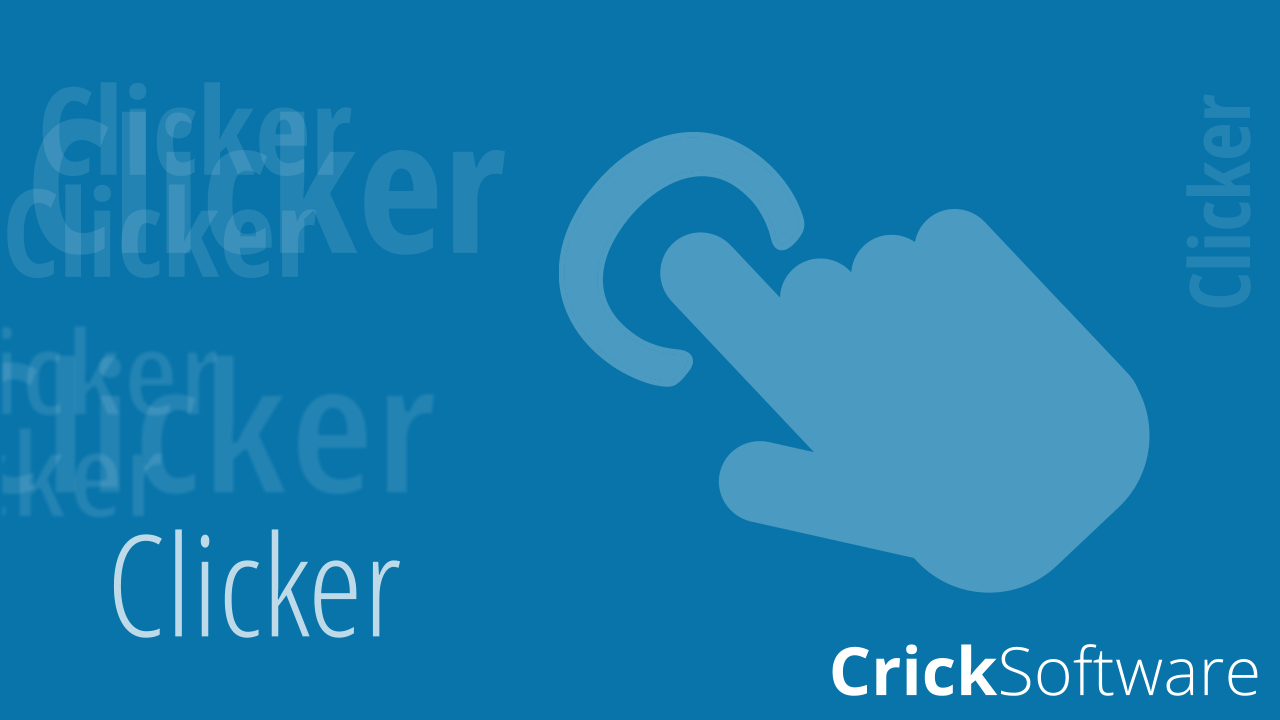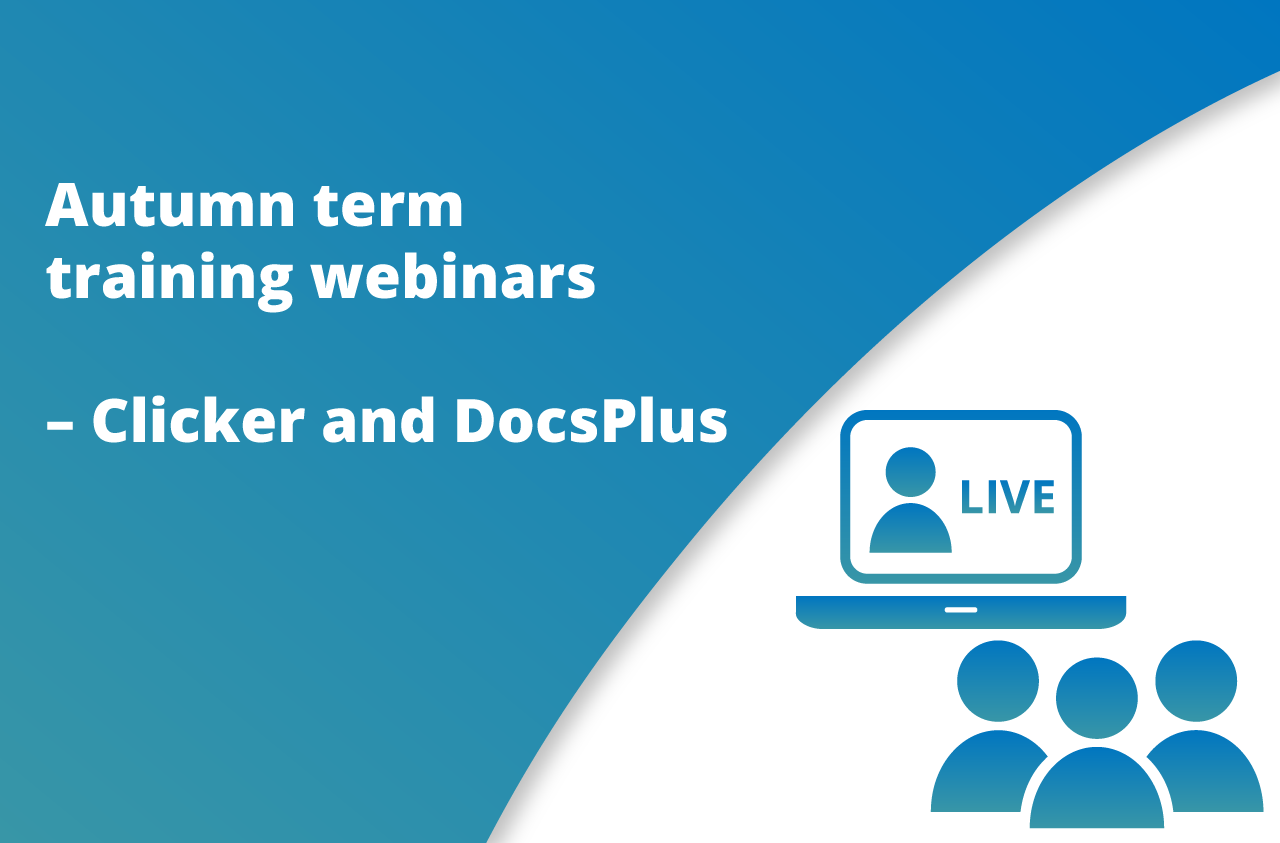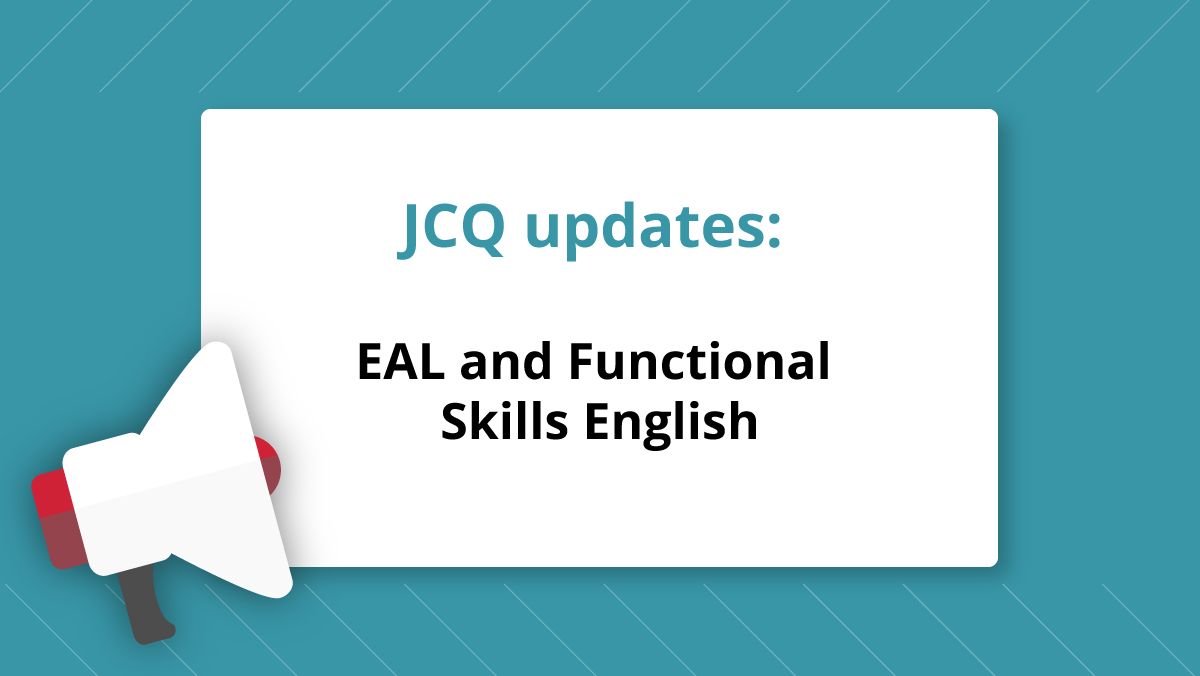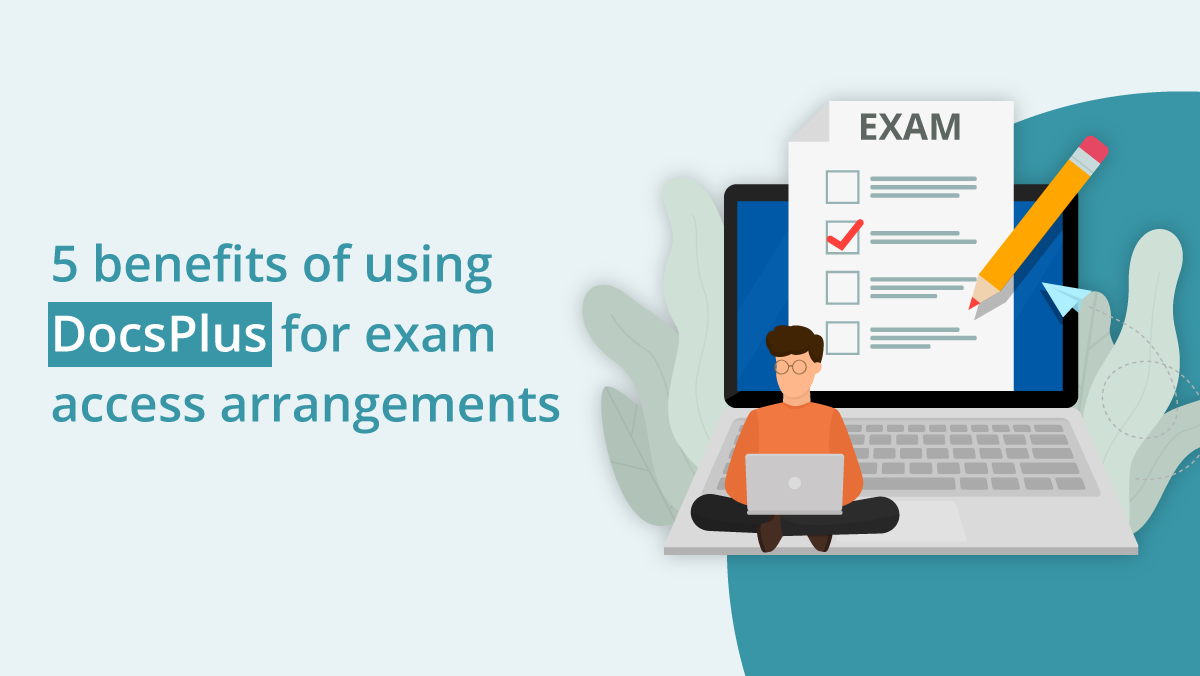Recently, more schools have requested online training for using Clicker with younger learners, especially emergent readers.
As a former EYFS and KS1 teacher, I use my experience in these sessions to showcase how many of Clicker’s key features are beneficial for these pupils.
Here are the four key elements of teaching early reading that I would focus on supporting with Clicker:
- Exploring vocabulary
- Decoding
- Using expression
- Comprehension and understanding
1) Exploring vocabulary
Matching Sets
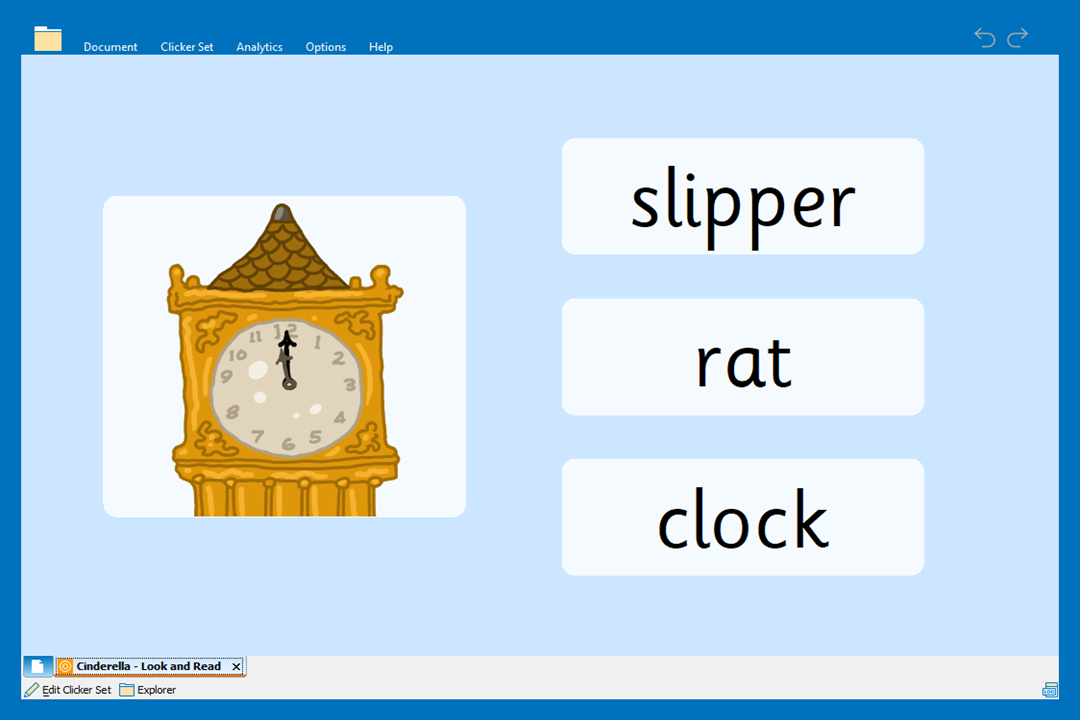
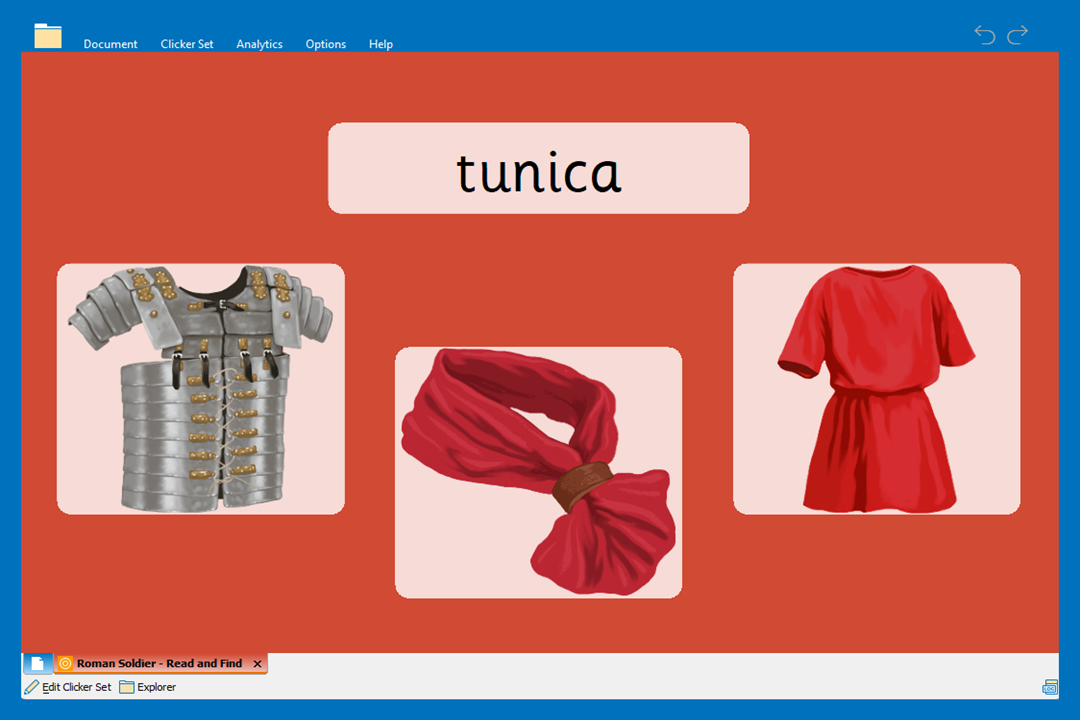
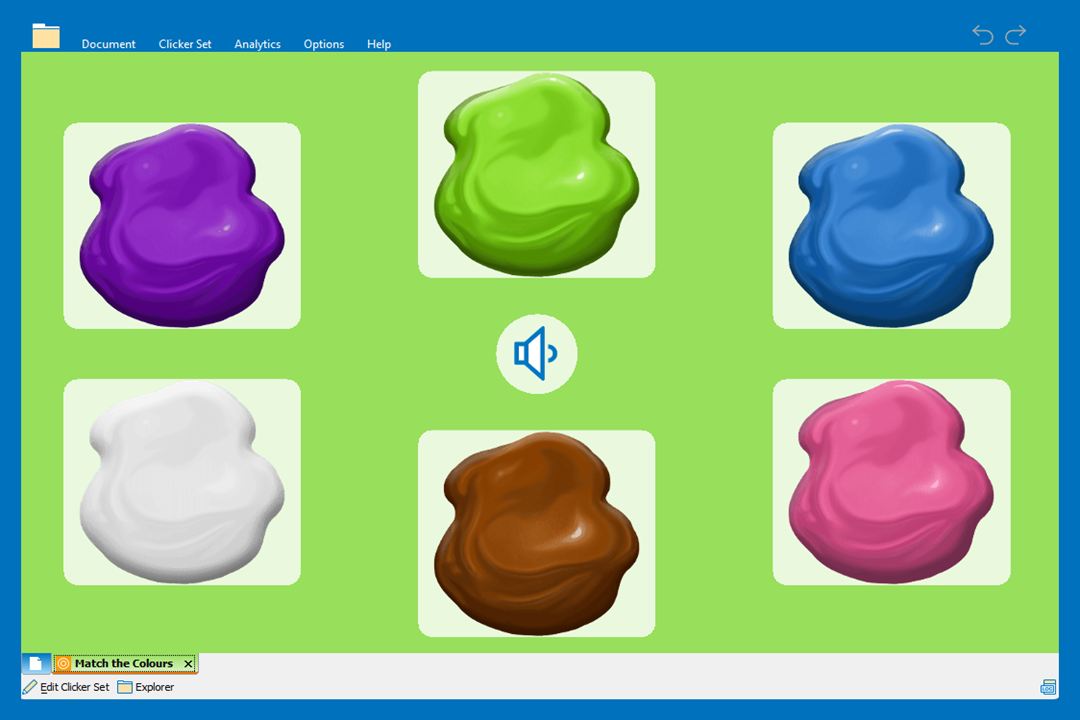
I am a huge advocate of using Matching Sets to support with those vital early reading skills. They are a flexible resource and intuitive for children to use independently. They also make a great teaching tool on your interactive whiteboard! Matching Sets enable children to match words, pictures, and sounds to rehearse and consolidate new vocabulary.
I would often pre-teach vocabulary ahead of a new topic or text, and Matching Sets are a brilliant way to do this. In my experience, letting children explore new words and connect them to their sounds and images helps them read more confidently on their own.
Teaching vocabulary is crucial for early reading, so LearningGrids offers numerous ready-made Matching Sets on various topics.
2) Decoding
Having taught younger learners, I know how important phonics activities are to help pupils build confidence decoding new words.
Our fantastic phonics resources on LearningGrids are easy to build into your planning to support your phonics teaching.
Decodable stories
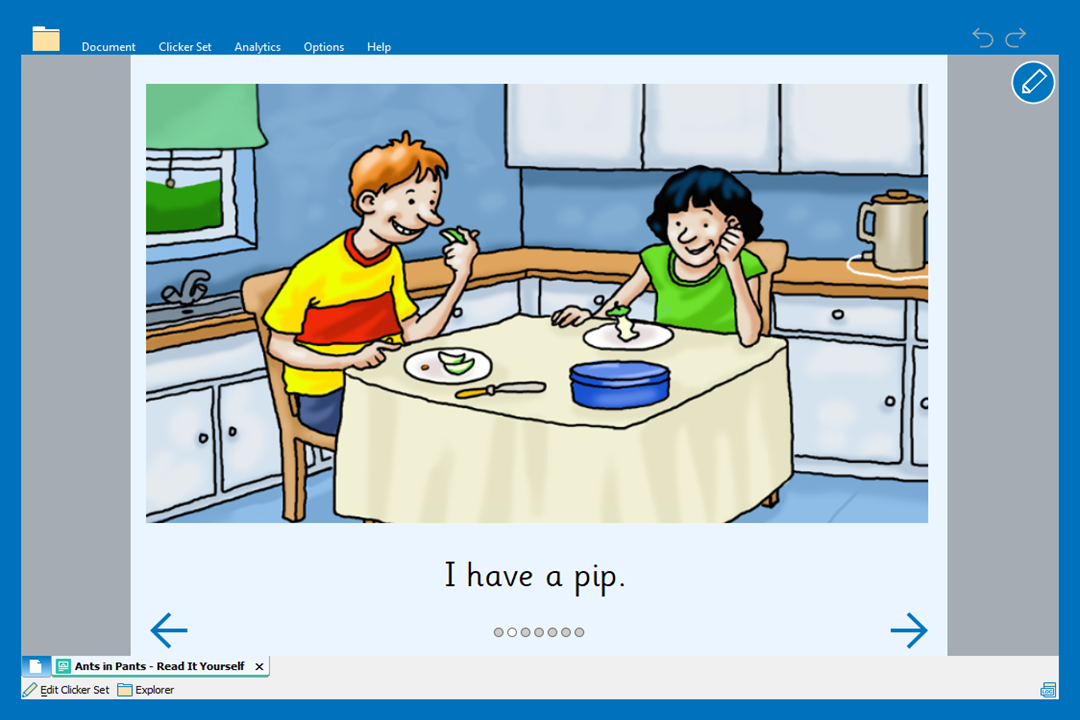
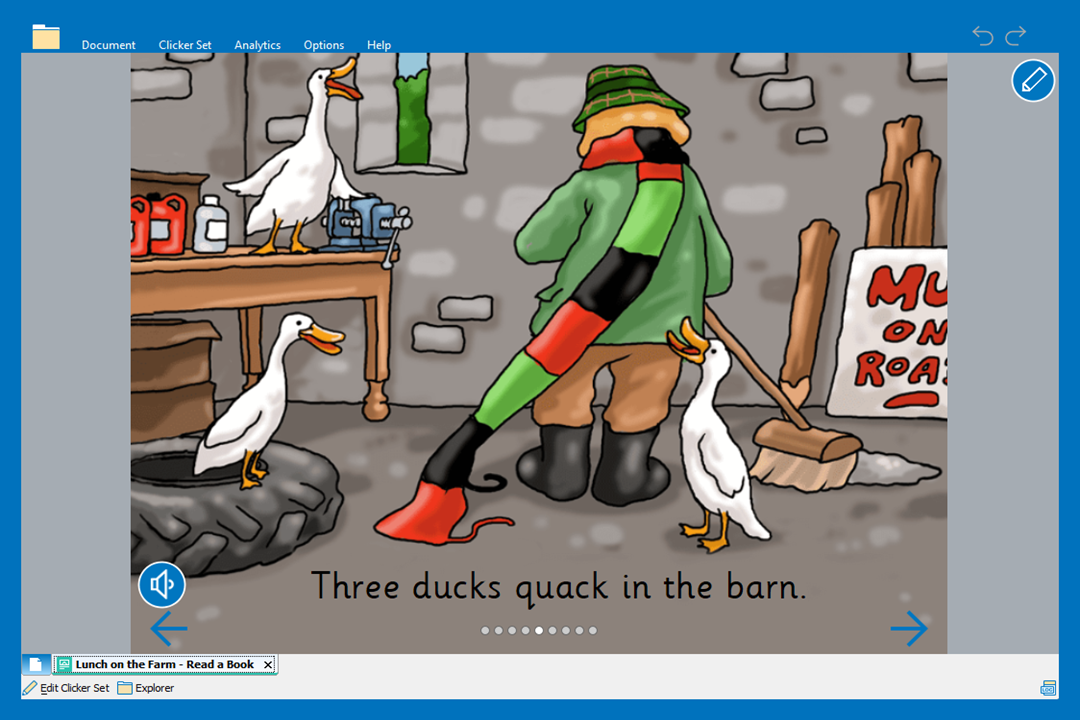
Clicker’s decodable stories are written with phonetically decodable text and common exception words, helping children to build key early reading skills. These books can include speech support, providing extra support for children to listen to the text read aloud. They are perfect for 1:1 reading sessions, but they also work as a group read, or as a whole class activity.
Matching Sets
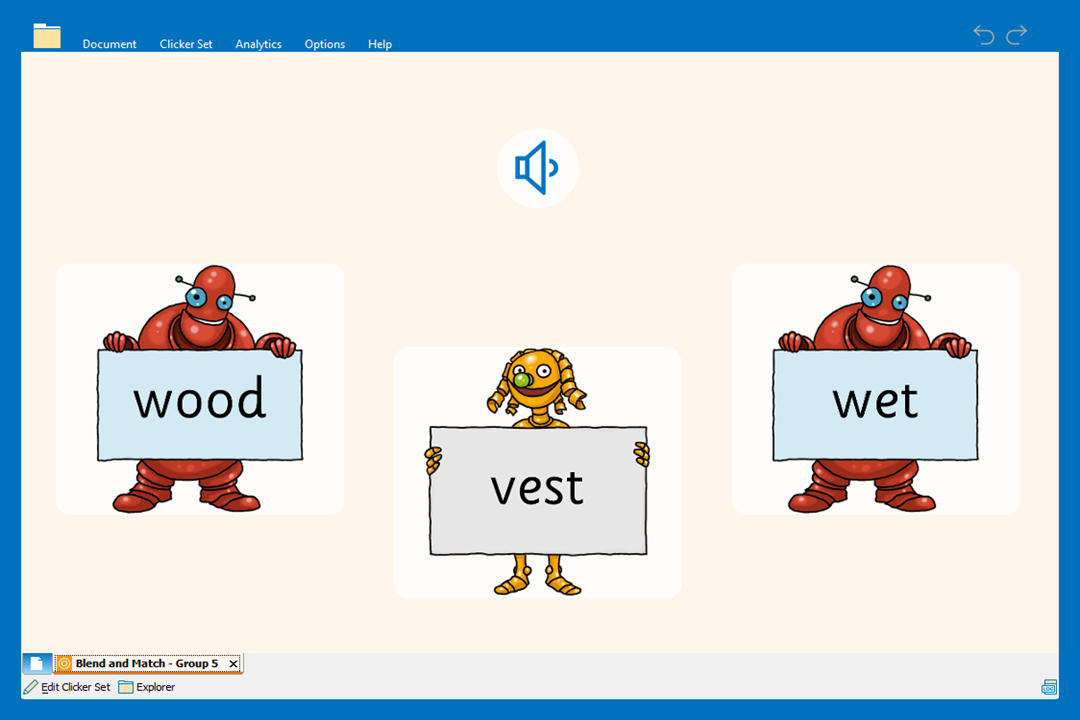
Another way I always recommend using Matching Sets is to support your phonics teaching.
In my teaching days, I loved simple phonics activities and games that my class could access independently. Matching Sets are an excellent resource for children developing blending, segmenting, and grapheme-phoneme correspondence skills. They are a valuable tool for supporting early reading to help children develop their decoding skills and ability to sound out words.
3) Using expression
From my experience teaching Year 1, I know that teaching expression and intonation in reading can be challenging. Though children are learning many new skills, developing expression is key to building comprehension and a love of reading.
Adding our audio notes tool into a Clicker Book is a great way to support children with this.
Clicker Books
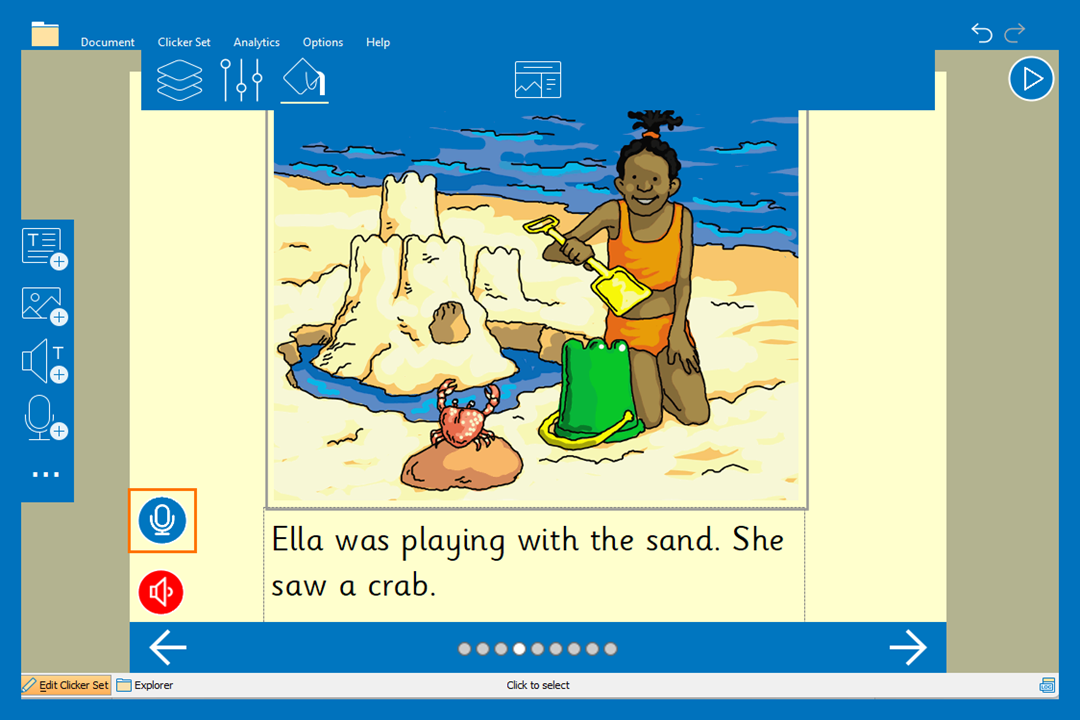
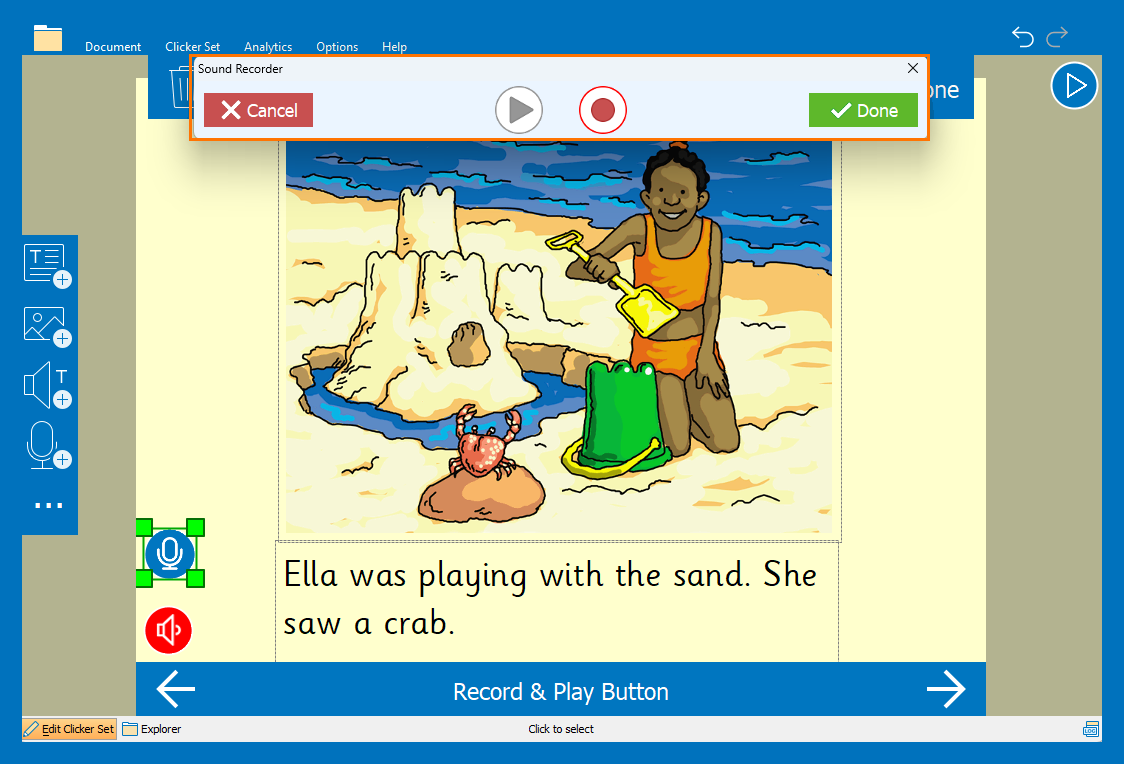
You can edit Clicker Books to include an audio recording of children reading the text aloud. They can listen back to this to:
- Hear the story read in their own words
- Listen out for how they’ve used expression
- Check if they’ve paid attention to punctuation
- See if their sentences make sense
You could also record adults reading the text aloud using these audio notes and ask the children to play teacher! If an adult purposely reads with little expression or poor punctuation, children can listen for ways to improve and give feedback. A simple but effective way for children to be demonstrating their understanding of these skills, without even realising!
4) Check comprehension and understanding
It’s great when a child can read a word, a full sentence, or even a whole book – but how can we ensure they’ve actually understood what they’ve read?
Comprehension skills are a vital part of early reading, and Clicker has a few ways to help!
Reading into writing
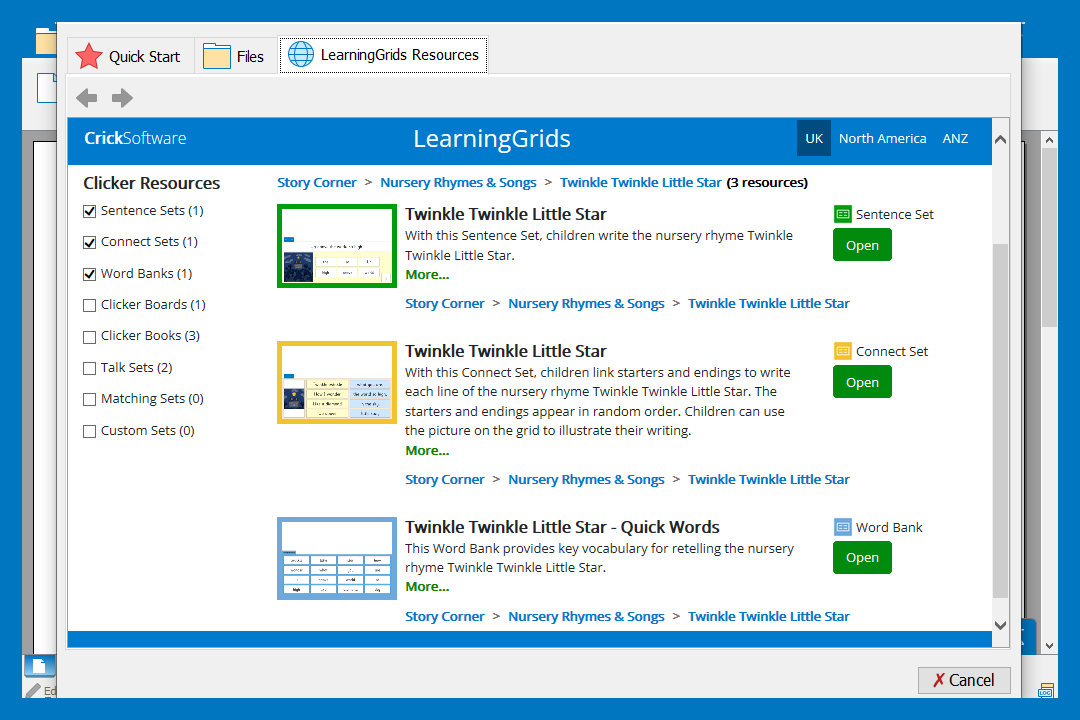
One of the things I love about using Clicker Books from LearningGrids is the corresponding writing activities. Writing grids vary in scaffolding and help children write about the book they’ve read. This is perfect for helping them to consolidate the text and show their understanding.
Talk Sets
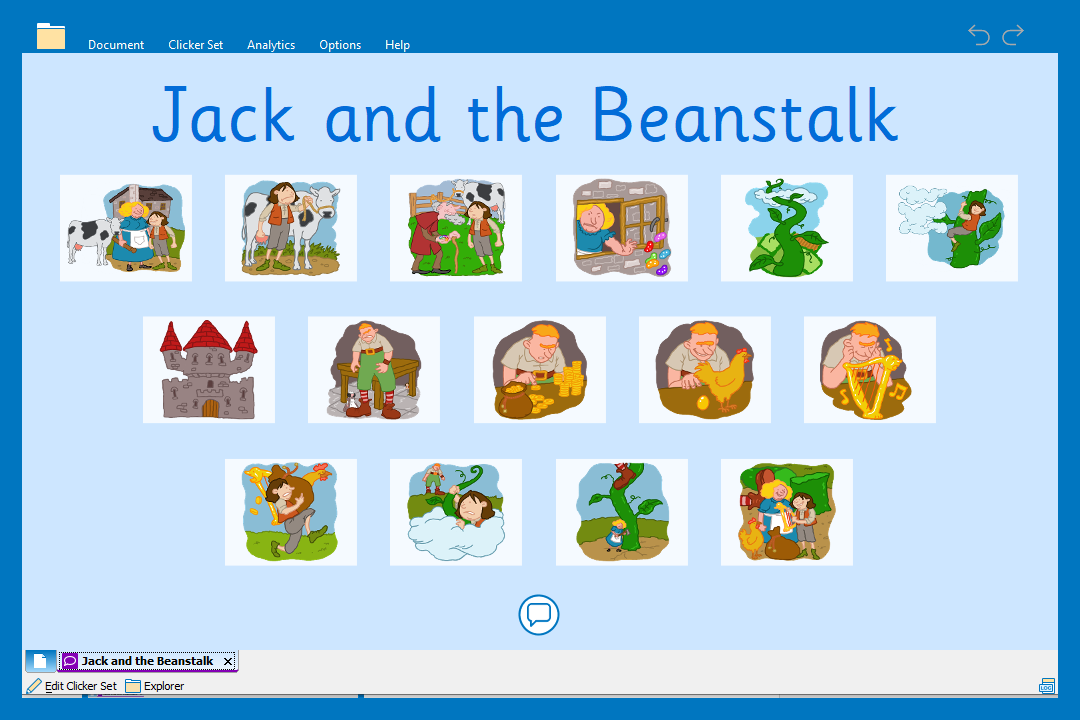
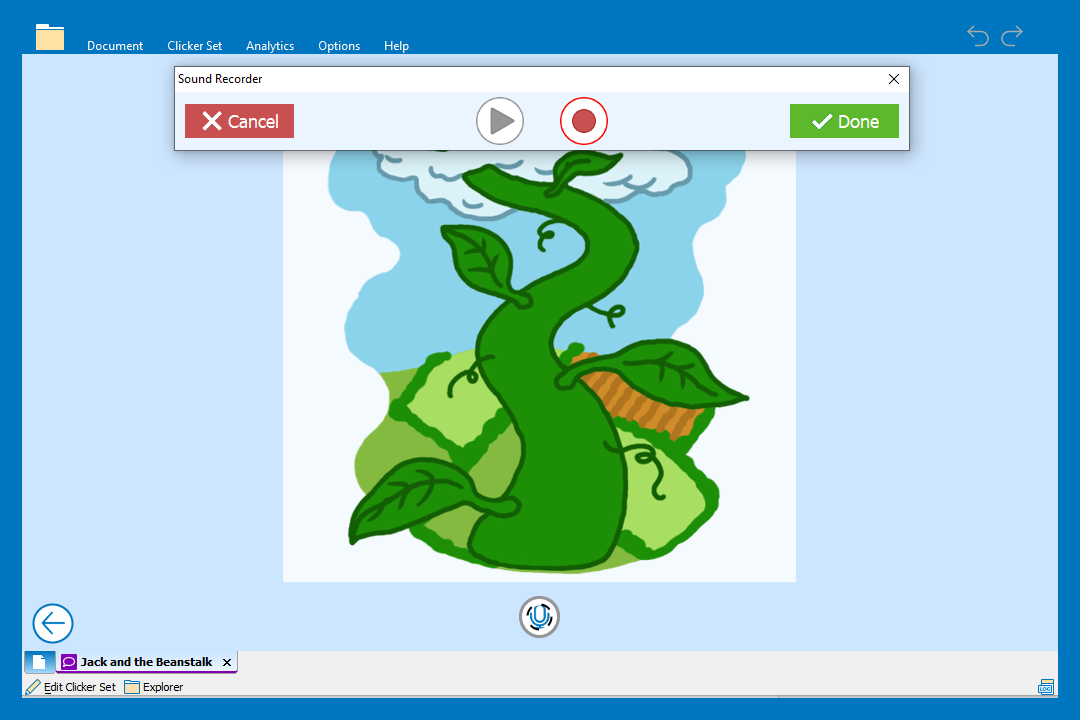
Talk Sets are another fantastic way to gauge a child’s understanding of a text. They allow children to verbally share what they’ve read and are especially useful for children who struggle to express themselves in written form. They can record their thoughts about different parts of the text, describe characters or settings, retell a story, and so much more!
This is just a small snippet of how Clicker can help with early reading skills. Here are some other resources you might find helpful:
- Clicker and Phonics webinar
- Supporting writing in Early Years webinar
- Clicker for whole class teaching blog post

